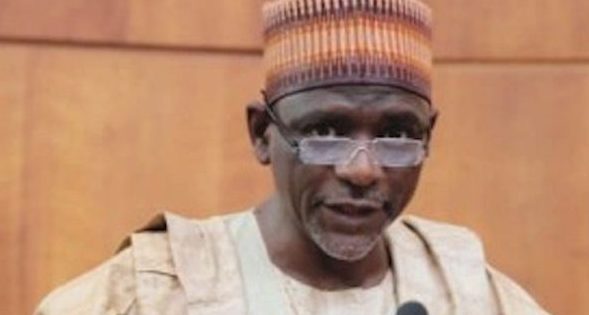The Minister of Education, Adamu Adamu, has said that President Muhammadu Buhari was in support of increasing the retirement age for teachers from 60 to 65 years.
According to the News Agency of Nigeria, Adamu made this known during a public hearing on the need to insulate teachers from the retirement age for public servants organised by the House of Reps Joint Committee on Basic Education and Public Service.
He told the committee that the Nigerian Union of Teachers had submitted the new retirement age proposal to the ministry and the National Assembly for approval.
He said that the drive was based on the need for a better performance by teachers and the desire to have quality teachers in Nigeria’s primary and secondary schools.
“Nigerian teachers to some extent require a reasonable retirement age like their counterparts in India, Canada, Belgium that have increased the retirement age for teachers to 65 years.
“We are appealing to the House to approve the bill because the ministry is in support of increasing the retirement age of teachers,” he said.
Earlier, the Chairman House Committee on Basic Education, Rep Zakari Mohammed, said that the bill was being considered for passage.
He said the bill sought to absolve teachers from the public service rule, which fixed the retirement age for government workers at 60 years, and set for them a new retirement age of 65.
Mohammed said that since teachers were the bedrock of any nation, their wealth of experience must be tapped into to enhance the well-being of the Nigerian society.
READ ALSO: Minimum Wage: Governors to meet President Buhari Friday
He also said that House was considering an amendment of the Teachers Registration Council of Nigeria Act to strengthen its regulatory powers to promote professionalism and eradicate quacks.
Also, the Deputy Chairman, House Committee on Public Service, Rep. Adekoya Abdel-Majid, described teachers as professionals who laid the foundation for any nation’s economic, technological and social development.
Abdel-Majid said that if teachers were given more time to spend on the job, they would most likely deliver better services to the learners based on experiences gathered over the years and the wisdom of age.
The stakeholders present at the hearing organised to support the passage of the bills were the Parent Teachers Association, Teachers Registration Council of Nigeria, Nigerian Teachers Institute and the Universal Basic Education Commission.
NAN












